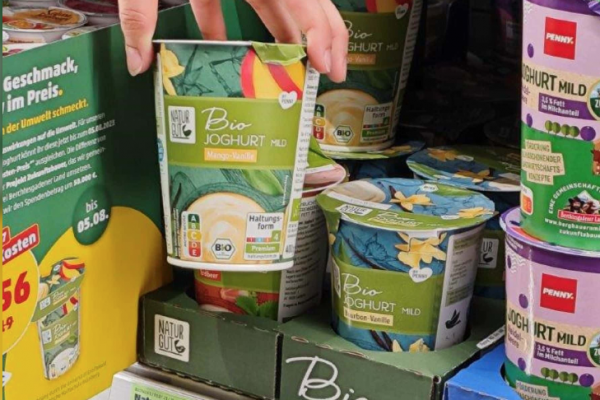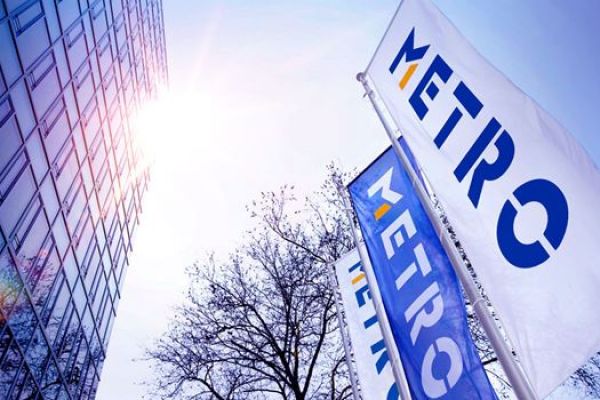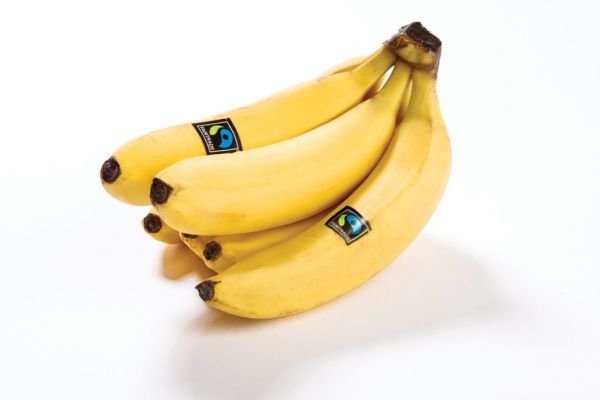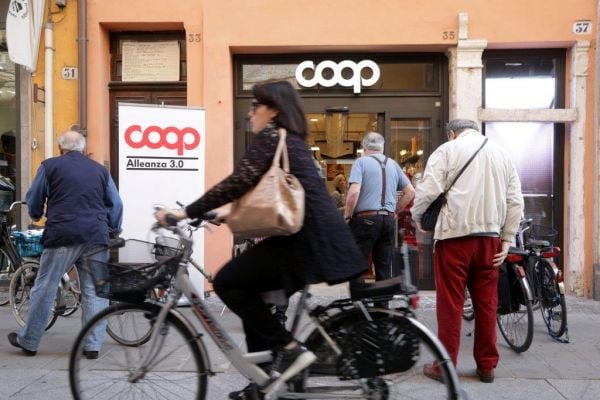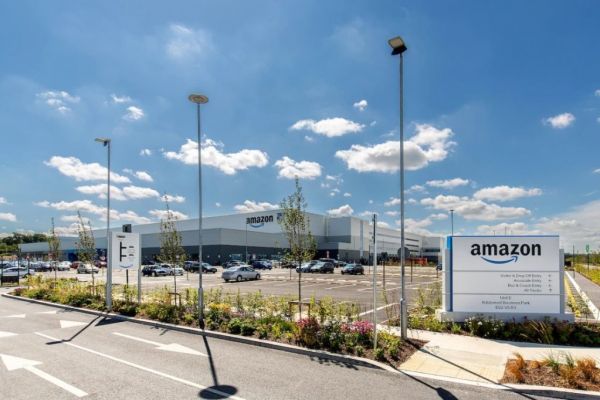German retailer Penny has launched a week-long campaign highlighting the 'true cost' of products, in association with the Technical University of Nuremberg and the University of Greifswald.
From 31 July to 5 August, all 2,150 Penny stores will charge the calculated 'true cost' as the sales price for nine selected SKUs, as part of the Wahren Kosten [True Cost] campaign, the company noted.
The retailer will donate the difference between the current market price and the 'true cost' price.
Through this initiative, the REWE Group subsidiary aims to create the basis for a broader discussion on food prices.
The production and consumption of goods have an impact on the environment, the retailer said. These are invisible environmental follow-up costs incurred along the supply chain, which are usually not reflected, or only partially, in the sales price of products, services and food.
'Environmental Impact Costs'
Stefan Görgens, COO of Penny, said, "We see that many of our customers are suffering from the continued high food prices. Nevertheless, we have to face the uncomfortable message that the prices of our food, which are incurred along the supply chain, do not reflect the environmental impact costs.
"We want to raise awareness of this with the national Wahren Kosten campaign. We are working with the Technical University of Nuremberg and the University of Greifswald to identify solutions. To this end, we are making comprehensive data material available to the scientists."
The Study
In determining the true cost of products, scientists have incorporated factors such as soil, climate, water and health, on a range of selected conventionally- and organically-produced own-brand products, as well as vegan food.
Based on the calculations, the team, led by Professor Tobias Gaugler and Dr Amelie Michalke, came to the conclusion that true costs are included in the sales price in varying proportions when it comes to different product types – for example, the surveyed organic food items have environmental impact costs of €1.15 on average, while conventional products have environmental impact costs of €1.57 on average.
'A Sustainable Transformation'
Professor Gaugler added that the data from the campaign can offer "valuable insights into buying behaviour", as well as further insight into the concept of true costs.
"From this, we can then derive recommendations for action for the various actors, above all to design meaningful political measures that contribute to a sustainable transformation of the food sector - for consumers and producers."
Dr Michalke added, "It's not about immediately introducing the true cost of all food. There is a lack of comprehensive scientific foundations and answers to central questions of social justice. We hope for a strong impetus so that we can discuss and consider food prices in a different and (polluter-pays) fairer form."
Penny added that it sees the need to further intensify efforts to offer more sustainable food and reduce environmental impact costs.
